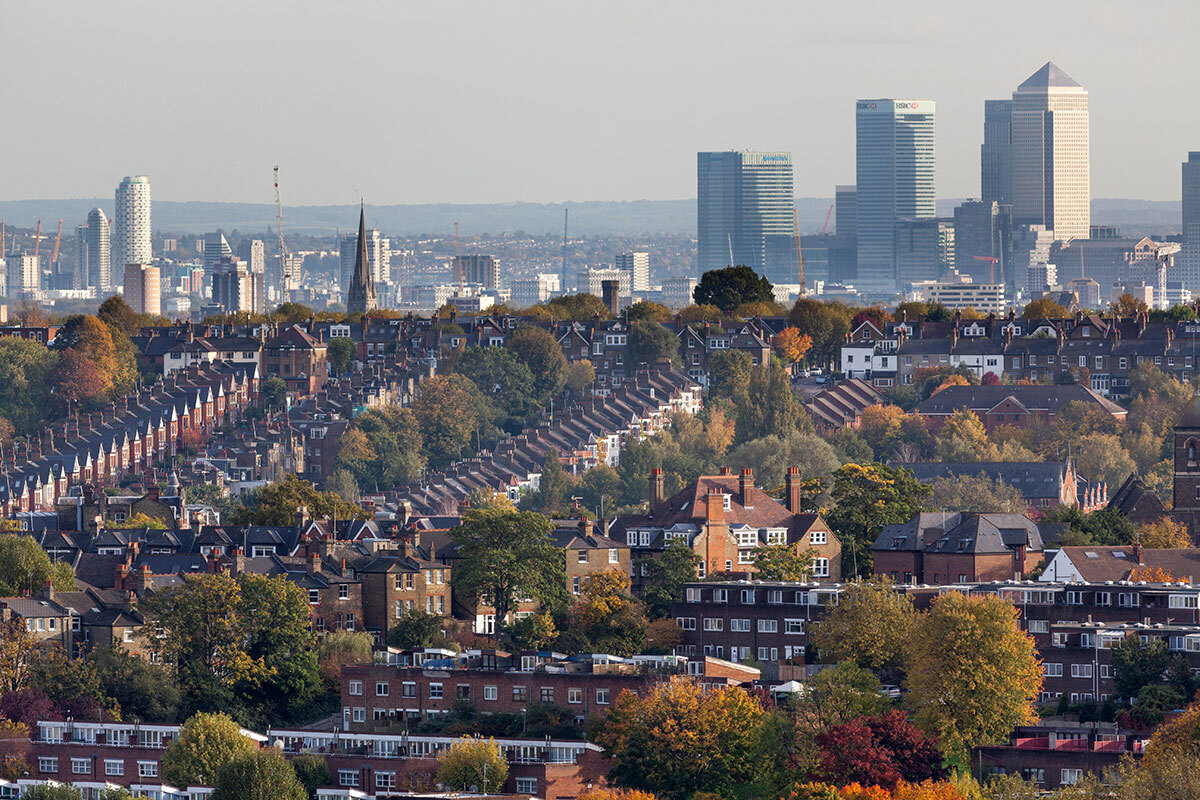You are viewing 1 of your 1 free articles
Suspend Right to Buy until replacement catches up with homes lost, says CIH
The Chartered Institute of Housing (CIH) has urged the government to suspend the Right to Buy (RtB) until replacement homes catch up with those lost, as part of a 10-point plan for “more and better homes”.
A report on the plan, which included proposals for more investment in social homes, a reduction in homelessness and use of temporary accommodation and improving the planning process to speed up the building of new homes, said the Thatcherite policy in “undermining” housing supply.
Since the RtB scheme was first launched under Margaret Thatcher in the 1980s, 1.9 million homes have been sold to tenants through the policy.
Previous research by the CIH found that 40% of the homes sold are rented out privately.
In March, a new report by Savills, commissioned by the Local Government Association, estimated that 100,000 homes are likely to be sold through RTB by the end of the decade, while only 43,000 will be replaced.
According to the CIH report, shortages and unequal access to housing mean that too many people are forced to live in “overpriced, insecure and poor-quality homes”.
It said: “We are all paying the price for this. Poor housing costs the NHS £1.4bn each year.
“It negatively impacts a child’s education and has long-term effects on incomes and employment.
“The government is set to spend five times more – £58.bn – on subsidising private landlords via housing support than on its entire affordable housebuilding programme – £11.5bn – over the next four years.
“This needs to change if we are to build a society in which everyone can thrive.”
The CIH said that at the heart of the issue is supply, with housebuilding failing to keep pace with demand for years.
“We need 340,000 new homes each year in England to 2031, including 90,000 for social rent. But only around 233,000 were delivered in 2021-22, of which around 7,500 were social homes.
“The supply of new social homes in England lags far behind the numbers needed – falling by 85% since 2010,” according to the report.
To address the supply challenge, the CIH said the government should make financial reforms, increase investment and redirecting subsidies, allow flexibility in grant programmes, provide a long-term rent settlement, and change the way it accounts for housing debt to unlock additional investment.
The government should also address policies “undermining” supply, including suspending the RtB until replacement homes catch up with those lost and then reducing the discount to minimise losses.
It should also reduce the number of long-term rentals lost to short-term let.
On reducing homelessness and the use of temporary accommodation, the government should develop and resource a cross-departmental strategy to end homelessness in all its forms, with a focus on prevention.
This should include a mix of short and long-term action, such as increasing Local Housing Allowance rates, bringing forward the Renters’ Reform Bill to end no-fault evictions, providing dedicated support for domestic abuse survivors, and ensuring everyone has access to decent and secure accommodation regardless of their immigration status.
The government should also invest in Housing First, which supports people with complex needs, the CIH said.
On planning reform, it urged the government to provide “clarity and consistency” in the planning framework, backed by a comprehensive resource and skills strategy.
This should include clarifying target setting and the definition of ‘affordable’ housing, maximising developer contributions for affordable housing provision, and resourcing local planning authorities, as well as considering green belt reform.
Other recommendations include the government investing in a renewed Decent Homes Standard and committing to a 10-year cross-tenure retrofit programme worth on average at least £6bn per year.
The CIH has urged all political parties to commit to a long-term plan for housing that “recognises it as the foundation for creating healthy and sustainable communities”.
The 10-point plan:
-
Invest in more social homes
-
Reduce homelessness and use of temporary accommodation
-
Improve the planning process to speed up new homes
-
Invest in more supported housing to reduce the burden on health services
-
Invest in affordable homeownership
-
Provide sustainable funding for landlords to maintain decent homes
-
Improve security and standards for private renters
-
Accelerate a fair and equitable transition to net zero homes
-
Prioritise building safety
-
Strengthen the safety net
Sign up for our daily newsletter
Already have an account? Click here to manage your newsletters











